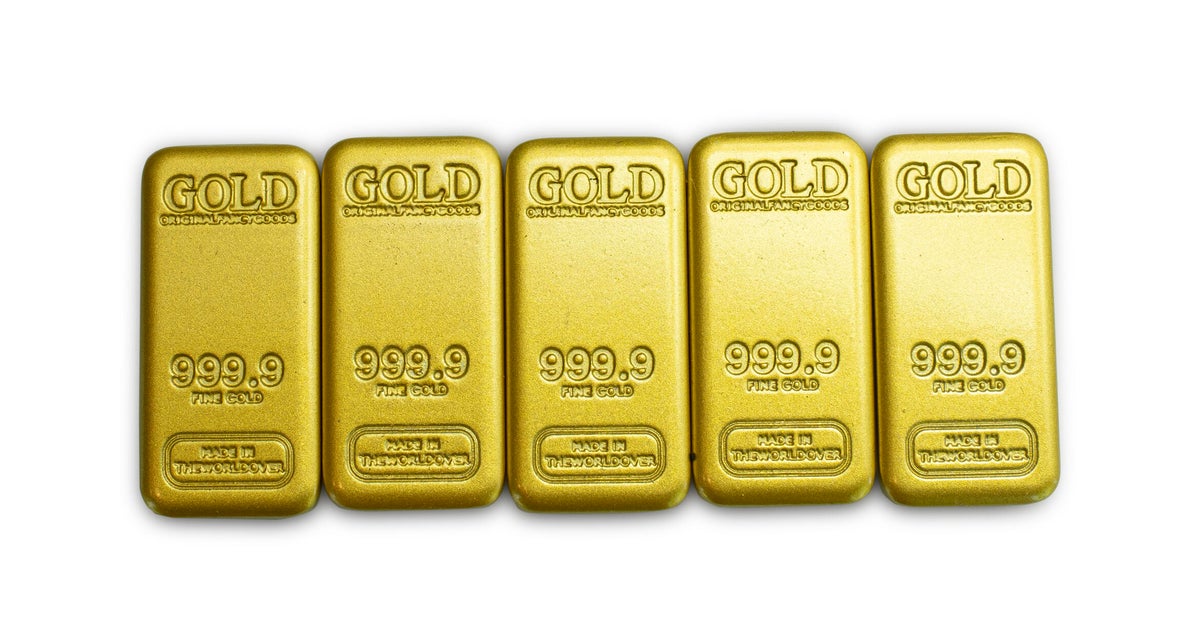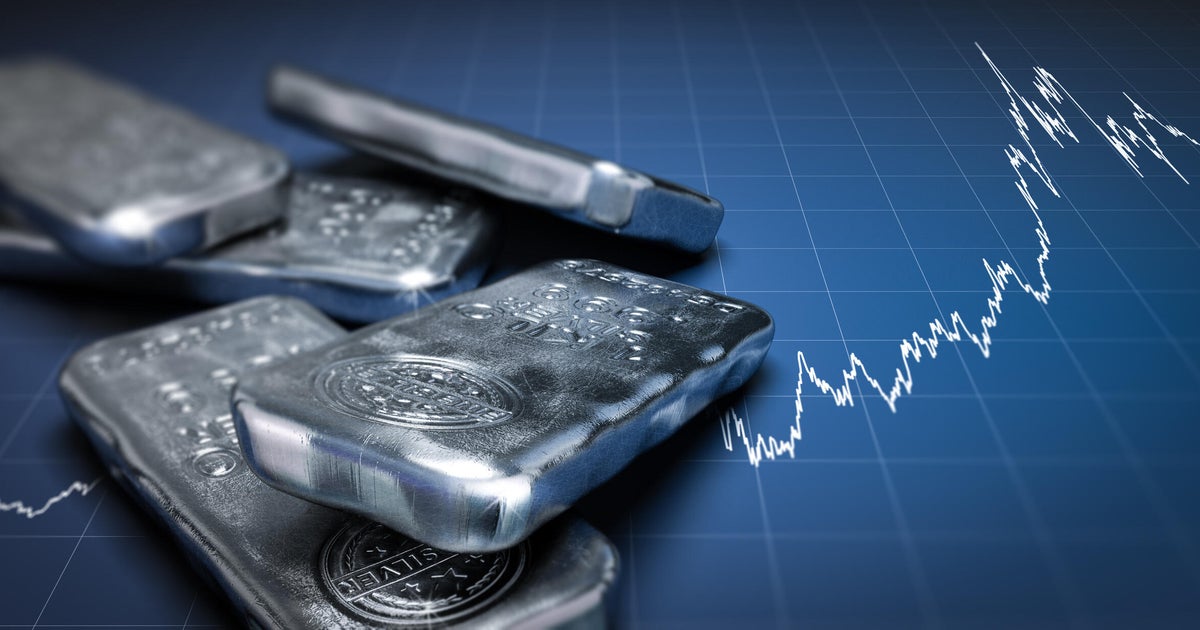Why do central banks buy gold? Experts weigh in
Global central banks have quietly become some of the world's biggest gold buyers — and their appetite hasn't waned, even as the precious metal's price continues its uphill trajectory toward new record levels.
For these institutions, gold serves a unique role during periods of financial instability. It can act as a hedge against currency fluctuations and geopolitical shocks. But it's not without complications. Gold doesn't generate income like bonds or equities, and storing large reserves can be expensive.
So why are central banks still piling into this centuries-old asset? Experts who closely monitor central bank activity share what's driving these massive purchases below, and offer insight into how their strategies may benefit everyday investors considering gold.
Find out more about adding gold to your investment portfolio today.
Why do central banks buy gold? Experts weigh in
Here are six reasons why central banks buy gold, according to industry professionals:
Diversification
Central banks traditionally held most of their reserves in major world currencies, especially U.S. dollars. Today, many are shifting this balance.
"Holding gold helps diversify a central bank's reserves, reducing reliance on any single asset or currency," says Daniel Boston, founder of Preserve Gold.
This move goes beyond simple portfolio diversification. Terry Hanlon, president of Dillon Gage Metals, points out "physical gold [gives] central banks an asset that operates outside the traditional banking system."
This becomes paramount when geopolitical tensions rise, as gold stays immune to financial sanctions or asset freezes that could affect foreign currency holdings.
Start diversifying your portfolio with gold now.
Stable store of value
Unlike paper money, gold can't simply be printed; the limited supply helps to keep the value stable.
"[It's] scarce, very difficult to mine and limited in supply," says Alex Ebkarian, COO and co-founder of precious metals dealer Allegiance Gold. Every year, central banks compete with private buyers for this limited resource, driving long-term demand.
Plus, gold has maintained its value over centuries, Boston says. This track record explains why central banks worldwide hold over 36,000 metric tons of gold in their vaults. When economic conditions change, these holdings provide a foundation of stability.
Hedge against inflation
"Precious metals can act as a hedge against inflation, as their value often increases when the purchasing power of fiat currencies declines," Boston highlights. Central banks use this relationship to protect their massive currency reserves.
Generally, gold buying increases when central banks expect inflation to rise. They hold these reserves long-term, using them to protect national wealth through various economic cycles.
Financial security
Tangible assets, including gold, provide security and liquidity for central banks, according to Boston. Such qualities help them settle international debts and maintain stable currencies.
This security comes from what experts call "no counterparty risk." Unlike bonds or currencies, gold's value doesn't depend on any institution's ability to pay its debts, Ebkarian explains. When you own gold, you don't have to worry about another party defaulting on their obligations.
These unique properties create strategic opportunities. A less-discussed advantage Hanlon shares is central banks don't just store their gold — they use it for financial operations such as swap deals and collateralized lending. These activities give central banks more flexibility in managing monetary policy.
Historical trust
Civilizations have valued gold as a reliable asset throughout history. From ancient trade to modern banking, its importance has never faded. This trust has been earned through centuries of testing. Through wars, depressions and financial crises, gold has remained a cornerstone of national reserves. Central banks have witnessed this stability firsthand, which continues to guide their investment decisions today.
Crisis management
"In times of financial crisis, gold can be a crucial asset for maintaining economic stability," says Boston. This stability comes from how gold strengthens a bank's overall position.
It "improves a central bank's risk-adjusted capital ratios," Hanlon says. With this stronger foundation, central banks gain options for emergency response. They can take bold action to protect the economy when conventional solutions aren't enough.
The bottom line
Central banks' growing gold reserves show the enduring value of this precious metal. Even at elevated prices, gold offers benefits that attract institutions and individuals. It protects against economic shocks, operates outside the banking system and maintains long-term stability.
You don't need perfect timing to start investing in gold. Hanlon suggests a simple approach: Make regular, small purchases over time. This strategy helps manage risk as you build your position. But before starting your gold investing journey, work with a reputable financial advisor to create a plan that matches your goals.




